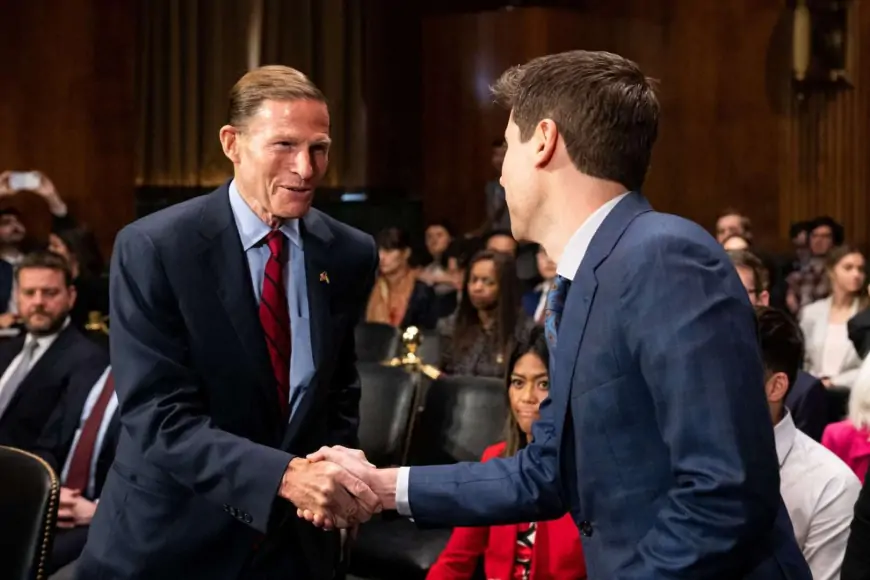OpenAI supports senate bills that may influence AI policy in the U.S.
OpenAI backs Senate bills that could significantly impact AI policy in the U.S., potentially shaping the future of artificial intelligence regulation.

With numerous AI-related bills circulating in Congress, OpenAI is actively supporting several key pieces of legislation.
On Tuesday, OpenAI endorsed three Senate bills that could significantly influence the federal government’s approach to artificial intelligence. One of these bills, the Future of AI Innovation Act, proposes the establishment of the United States AI Safety Institute as a federal entity responsible for setting standards and guidelines for AI models.
In a LinkedIn post, OpenAI’s Vice President of Global Affairs, Anna Makanju, highlighted the company's consistent support for the institute’s mission. She emphasized that the bill would grant Congressional backing to the institute to address potential risks associated with advanced AI technology.
Additionally, OpenAI has shown support for the NSF AI Education Act and the CREATE AI Act. These bills aim to provide federal funding for AI research and establish educational resources for AI at both college and K-12 levels.
OpenAI’s endorsement of these U.S. laws reflects a belief in the crucial role of government in ensuring AI remains safe and accessible. However, there may be more at play. OpenAI, known for its groundbreaking work in generative AI and valued at $86 billion through partnerships with Microsoft and Apple, is likely to face increased regulatory scrutiny in the future. By backing these bills, OpenAI is not only fostering goodwill with lawmakers but also positioning itself as a key player in upcoming discussions on AI regulation.
On Monday, OpenAI joined several major and minor tech companies, including Microsoft, Meta, Palantir, Cohere, and Amazon, in signing a letter supporting the AI Safety Institute. According to the Future of AI Innovation Act, the institute will collaborate with both private and public organizations to establish AI system standards.
The Future of AI Innovation Act also mandates federal agencies to develop and make available curated datasets for public use, which are less likely to be produced by private companies.
OpenAI’s timing is strategic, as two of these bills are set to be reviewed during an Executive Session on Wednesday morning. This move reflects the ongoing efforts by OpenAI and other AI companies to build positive relationships with lawmakers who may have a significant impact on their future regulations.












































